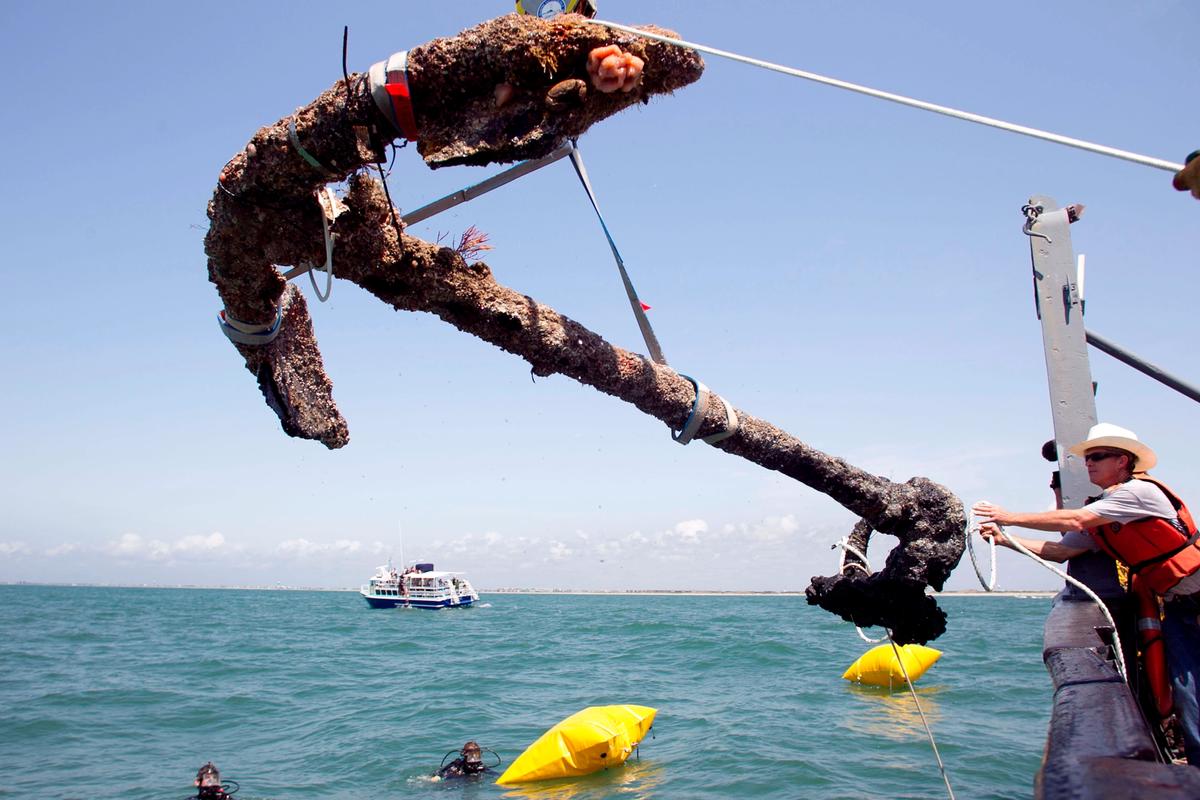The US Supreme Court ruled today that state governments may use copyrighted images without having to ask permission of, or pay a licensing fee to, the works’ owners under the doctrine of sovereign immunity. The decision could significantly impact artists, particularly photographers and writers, whose images and words may be used by state government offices, such as tourist bureaus.
The high court’s ruling resolved a conflict between a 1990 federal statute called the Copyright Remedy Clarification Act, which opened up state governments to copyright infringement lawsuits, and the 11th amendment to the US Constitution, which restricts private citizens from suing states. In its published opinion, written by justice Elena Kagan, the Supreme Court found that Congress had overstepped its authority when passing the 1990s act because it too broadly overturned states’ sovereignty, but allowed that it could pass a new law with a more limited scope. “That kind of tailored statute can effectively stop States from behaving as copyright pirates,” Kagan writes. “Even while respecting constitutional limits, it can bring digital Blackbeards to justice.
The specific case that brought the matter to the nation’s highest court was filed by Rick Allen, an independent film producer and director in Fayetteville, North Carolina, who in the 1990s filmed the salvaging of the Queen Anne's Revenge, the flagship of the pirate Blackbeard, that had run aground at Beaufort, North Carolina in 1718. Almost 20 years later, the State of North Carolina took one of Allen's still images and videos that it wanted to post on its tourist promotion web site and social media pages.
Allen complained of the state’s action in 2015, but the North Carolina state legislature enacted a law that treats all photographs, video recordings and other documentary materials of a derelict vessel or shipwreck or its contents as “public record,” permitting the state to make use of Allen's copyrighted material without having to obtain his permission or make any payments to him. Other states have done the same, justifying clear cases of infringement by pointing to the 11th Amendment to the US Constitution.
Lawyers specialising in intellectual property say that the decision was not unexpected and that artists could protect their rights from reckless infringement by states if Congress redrafted the Copyright Remedy Clarification Act. Judith Wallace, a managing partner at Carter Ledyard & Milburn, notes that “today’s decision does not mean that states can violate intellectual property rights with impunity.” The New York City attorney Amelia Brankov also found that the Supreme Court recognised that copyrights are a form of property, and that Congress could write a new law that “is more proportional to the harm”.


